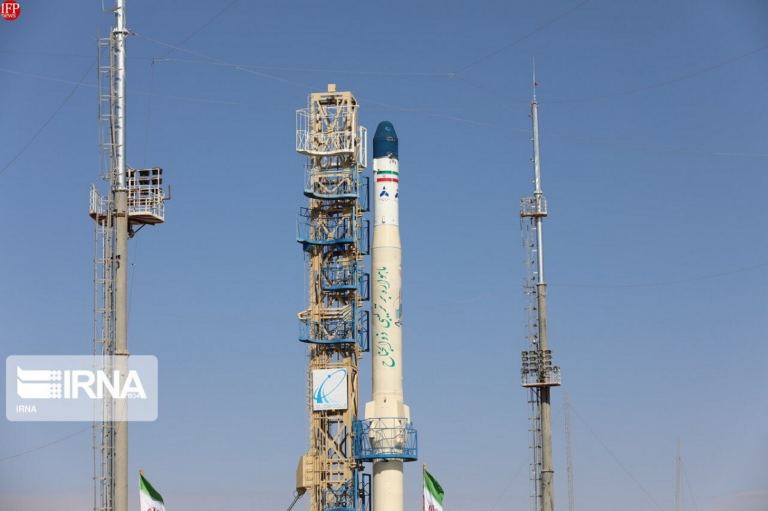Tehran Judiciary Leverages AI Technology to Uncover Financial Networks in Fuel Smuggling Crackdown
The implementation of artificial intelligence (AI) in tracing financial networks related to fuel smuggling operations marks a significant advancement in Tehran’s judicial efforts. This move is aimed at combating the serious issue of fuel smuggling, which has become a critical challenge for the region’s economy.
Recently, Ali Alqasi, the Chief Justice of Tehran Province, shared vital updates regarding the judiciary’s ongoing battle against fuel smuggling. He highlighted the establishment of a robust framework that incorporates AI tools to enhance financial tracking in smuggling cases. This initiative is part of a broader strategy to address the illicit trade that has been undermining energy stability in the region.
During a detailed briefing on the current status of fuel smuggling cases, Alqasi emphasized the judiciary’s commitment to a systematic and expert-led approach in tackling this issue. Here are some of the key points discussed:
- Integration of AI: The courts have mandated the use of AI technology for more effective financial tracking.
- Special Task Force: A dedicated task force has been formed, bringing together law enforcement and relevant agencies to combat fuel smuggling.
- Recent Operations: Significant actions have been taken, including the dismantling of illegal fuel storage centers.
As part of the recent operations, authorities successfully dismantled 14 illegal fuel storage centers located in Robat Karim, close to Tehran. These operations led to the discovery of over 250,000 liters of contraband fuel. Furthermore, seven individuals were apprehended on charges of illegally tapping into high-pressure gas pipelines, highlighting the seriousness of the offenses being targeted.
In another operation in Shahriar County, law enforcement seized an additional 100,000 liters of smuggled fuel, resulting in the detention of three suspects. These coordinated efforts reflect a comprehensive approach to addressing the fuel smuggling crisis.
According to a recent report from Iran’s Anti-Smuggling Headquarters, the nation faces a staggering loss of between 20-28 million liters of fuel every day due to smuggling activities. This translates to an alarming financial impact, costing the country approximately $140 million in potential export revenues each day.
The potential recovery of these losses could have a profound impact on the Iranian economy. If recovered, the funds lost to smuggling could theoretically provide each Iranian citizen with annual subsidies of around 4 million tomans, significantly boosting the standard of living for many.
In conclusion, the introduction of AI in tracking financial operations related to fuel smuggling showcases Tehran’s proactive stance in tackling this pressing issue. By leveraging technology and forming dedicated task forces, the judiciary is taking substantial steps towards restoring order and financial integrity within the energy sector. The combination of expertise and innovative technology promises a more effective response to the challenges posed by fuel smuggling, ultimately aiming to safeguard the country’s economic interests.






